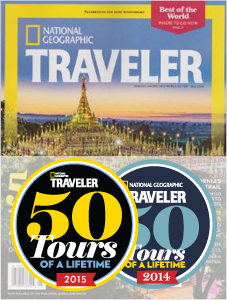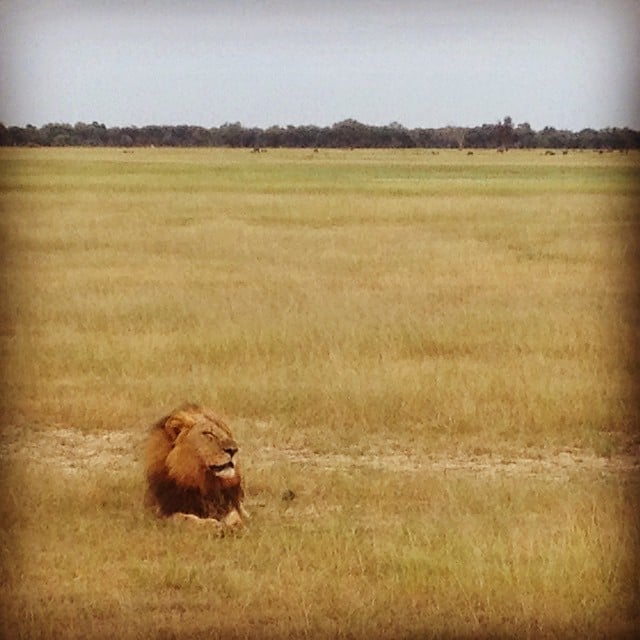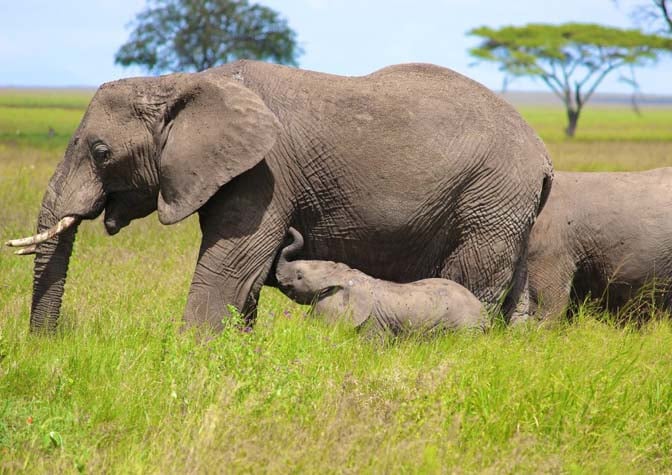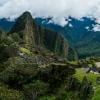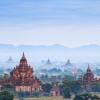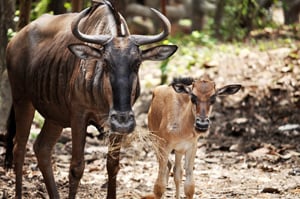 If one were to look at a wildebeest by itself, one might not be completely impressed. They are less graceful cousins to the antelope, and kind of ugly. Maybe the best thing that can be said about the wildebeest is that it places a high value on family. So high, in fact, that the annual movement of one group of wildebeests in the Masai Mara has become one of the world’s most sought after natural spectacles.
If one were to look at a wildebeest by itself, one might not be completely impressed. They are less graceful cousins to the antelope, and kind of ugly. Maybe the best thing that can be said about the wildebeest is that it places a high value on family. So high, in fact, that the annual movement of one group of wildebeests in the Masai Mara has become one of the world’s most sought after natural spectacles.
This spectacle is known as the Great Wildebeest Migration, capital G, W, M.
Thousands of travelers every year come to eastern Africa simply because they want to see the Great Migration, and use companies like Global Basecamps to ensure they get the best views of its river crossings, courting, birthing and all the rest of the drama. Our Travel Specialists know exactly which safari camps can fit both your budget, and your wildlife viewing priorities. Even better, some semi-permanent camps migrate along with the wildebeests, maintaining their prime location for game viewing.

